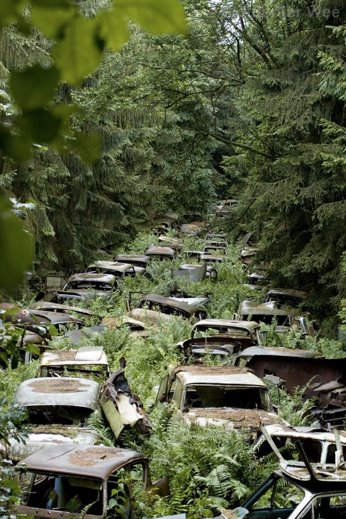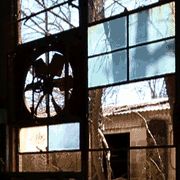You want to eat and live peacefully. So if you have got grains and milk, you have got enough food and there is no problem. You haven’t got to go fifty miles for your work, and then you require a tin car. So many problems.
Morning Walk Conversation
with His Divine Grace A. C. Bhaktivedanta Swami Prabhupada
December 31, 1973, Los Angeles
httpv://youtu.be/pLUm3Q-7iZA
video: 17splinter, india jaipur
“You don’t know what you’ve got till it’s gone. They paved paradise and put up a parking lot.”
The most notable research on parking has been done over the years by Professor Donald Shoup and his students at UCLA.
Shoup was the inventor of Parking Cashout, which is now included in the laws of both California and the U.S. It is probably fair to say that Shoup is chiefly responsible for disseminating most of the innovative ideas for parking in recent decades.
Although he has inspired practioners for years and has been widely cited, his influence is likely accelerate rapidly with the recent publication of his new book, The High Cost of Free Parking.
Summary
Chapter 1 “The Twenty-first Century Parking Problem”
 There is no such thing as “free” parking. The cost of parking is hidden in higher prices for everything else.
There is no such thing as “free” parking. The cost of parking is hidden in higher prices for everything else.
In addition to the monetary cost, which is enormous, free parking imposes many other hidden costs on cities, the economy, and the environment.
When all new buildings were required to provide on-site parking one problem — the shortage of free curb parking—was solved, but the solution soon created many new problems.
Off-street parking requirements encourage everyone to drive wherever they go because they know they can usually park free when they get there: 87 percent of all trips in the U.S. are now made by personal motor vehicles, and only 1.5 percent by public transit.
Off-street parking requirements collectivize the cost of parking because they allow everyone to park free at everyone else’s expense. When the cost of parking is hidden in the prices of other goods and services, no one can pay less for parking by using less of it.
Bundling the cost of parking into higher prices for everything else skews travel choices toward cars and away from public transit, cycling, and walking. Off-street parking requirements thus change the way we build our cities, the way we travel, and how much energy we consume. All the required parking spaces use up land, spread the city out, and increase travel distances.
Because highway transportation accounts for half of U.S. oil consumption, which is a quarter of the world’s oil production, American motor vehicles now consume one-eighth of the world’s oil. Free parking helps to explain this extreme automobile dependence, rapid urban sprawl, and extravagant energy use.
Download Chapter 1 – 903 Kb PDF file
source: http://www.sonomatlc.org/Parking/Research.htm
website powered by wind energy








Speak Your Mind